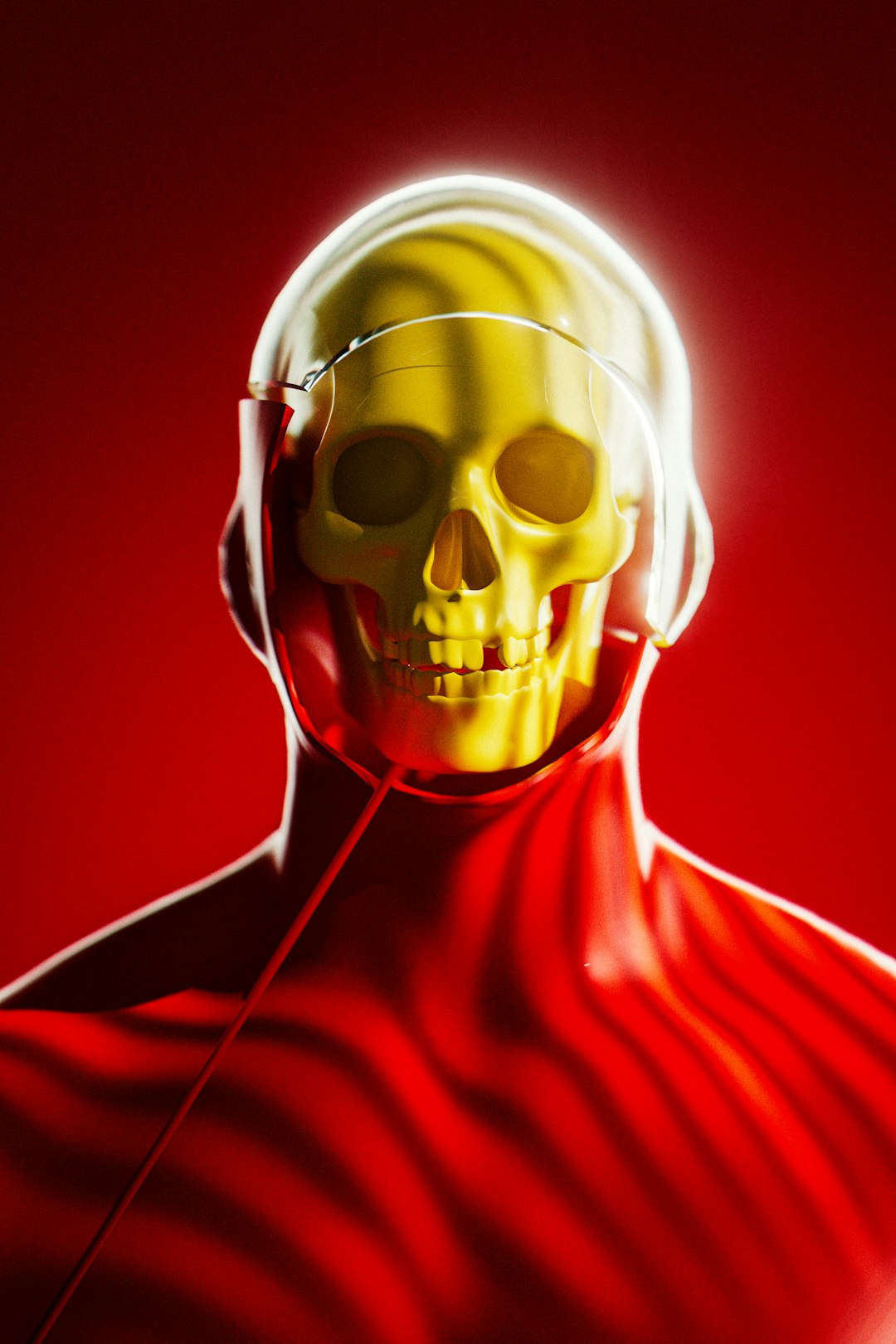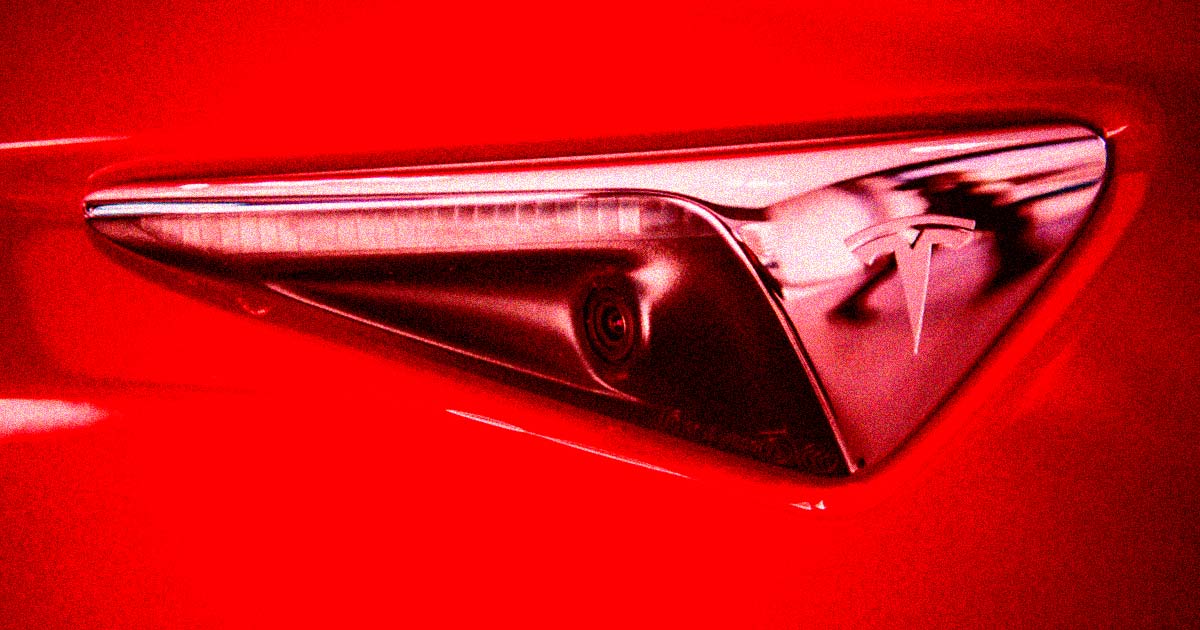- cross-posted to:
- [email protected]
- cross-posted to:
- [email protected]
The probe hones in on one of Tesla’s most eyebrow-raising decisions when it comes to its driver assistance package: the insistence on exclusively relying on camera sensors instead of LiDAR and radar like its competitors, which CEO Elon Musk has long derided as a “crutch.”
In 2022, the company went all-in on cameras, ditching ultrasonic sensors in its vehicles altogether — a decision that could prove to be a major mistake as it struggles to catch up with its competition and has now promised robust self-driving capabilities to owners who may lack the necessary sensor hardware.



May? This has been obvious for ages. There are Waymo taxis doing a reasonable job now thanks to, at least in part, having appropriate sensors. The Tesla approach of just video is never going to cut it, especially in more hazardous weather conditions.
Waymos are giving 150,000 rides every week. To me that’s fantastic.
Are there any statistics about problems with these rides!
There has been two software recalls this year. One in February because two cars hit the same truck within a couple of minutes, one in June because a car hit a pole at low speed.
Well, and they were honking at each other on the parking lot.
I wonder how they compare to human drivers per mile driven.
I still wonder if it he “attack surface” of a camera based system could be a “looney toons” approach… Painting a tunnel on a wall… 🤔. Does anybody know?
I’m not very informed on the subject but I would assume they use multiple cameras to use parallax as depth perception, which would most likely prevent that issue